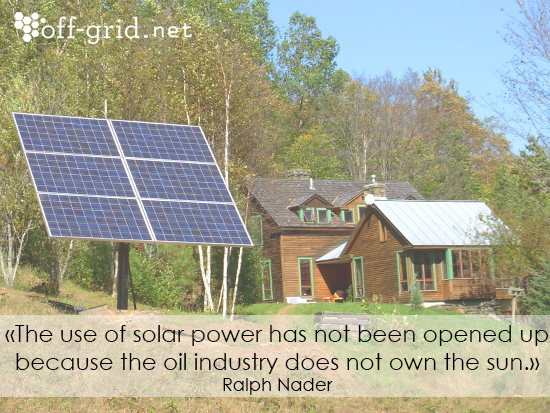
German Energy Industry in Painful Transition
 Handelsblatt Global Edition
Handelsblatt Global Edition
Germany’s massive push into renewable energy has a dark side. As green policies drive up the cost of power, entire industries are shrinking.
Germany is a world leader in green power is by now familiar. Much less familiar is the price the country is paying for it, not just in cold hard cash, but in growing losses and dislocations across the entire economy.
A vast economic upheaval began when Germany launched its energy transition that simultaneously phases out all nuclear power, winds down coal and other fossil fuels, accelerates the push towards alternative sources of energy, and builds the new grid infrastructure to make it all possible.
The losers include once-stalwart utility giants like E.ON and RWE that are struggling with rising debt and falling shares. Manufacturing companies, from chemicals maker BASF to carbon fiber producer SGL Carbon, have shifted investments abroad, where energy costs are often a fraction of Germany’s.
Losers include laid-off workers in these industries, but also millions of ordinary consumers. Their utility bills have skyrocketed, largely driven by subsidies for eco-friendly fuels. As much as the transition creates new jobs building wind turbines, farming biofuels or installing solar panels on rooftops, the changes are cutting a deep swathe through other parts of the economy. Germany’s “green” revolution has a dark shadow.
The reengineering of Germany’s economy is of course deliberate. When the environmentalist Green party first began co-governing at the national level in 1998, Berlin quickly drafted plans to exit nuclear energy. Generous subsidies to support wind and solar power, tacked on to consumers’ electricity bills, got their start in 2000.
Already struggling to expand renewable energy fast enough to compensate for the nuclear phaseout, Germany had to move even faster after Chancellor Angela Merkel’s surprise decision to accelerate the shift just days after the news from Fukushima. Now, the country is rushing to replace what was once 35 percent of German electricity generation by 2022.
Hit hardest, of course, are the traditional utilities. After all, the energy transition was designed to seal their coffin. Once the proverbial investment for widows and orphans because their revenue streams were considered rock-solid — these companies have been nothing short of decimated. With 77 nuclear and fossil-fuel power plants taken off the grid in recent years, Germany’s four big utilities — E.ON, RWE, Vattenfall and EnBW — have had to write off a total of €46.2 billion since 2011.
RWE and E.ON alone have debt piles of €28.2 billion and €25.8 billion, respectively, according to the latest company data. Losses at Düsseldorf-based E.ON rose to €6.1 billion for the first three quarters of 2015. Both companies have slashed the dividends on their shares, which have lost up to 76 percent of their value. Regional municipalities, which hold 24 percent of RWE’s shares, are scrambling to plug the holes left in their budgets by the missing dividends.…